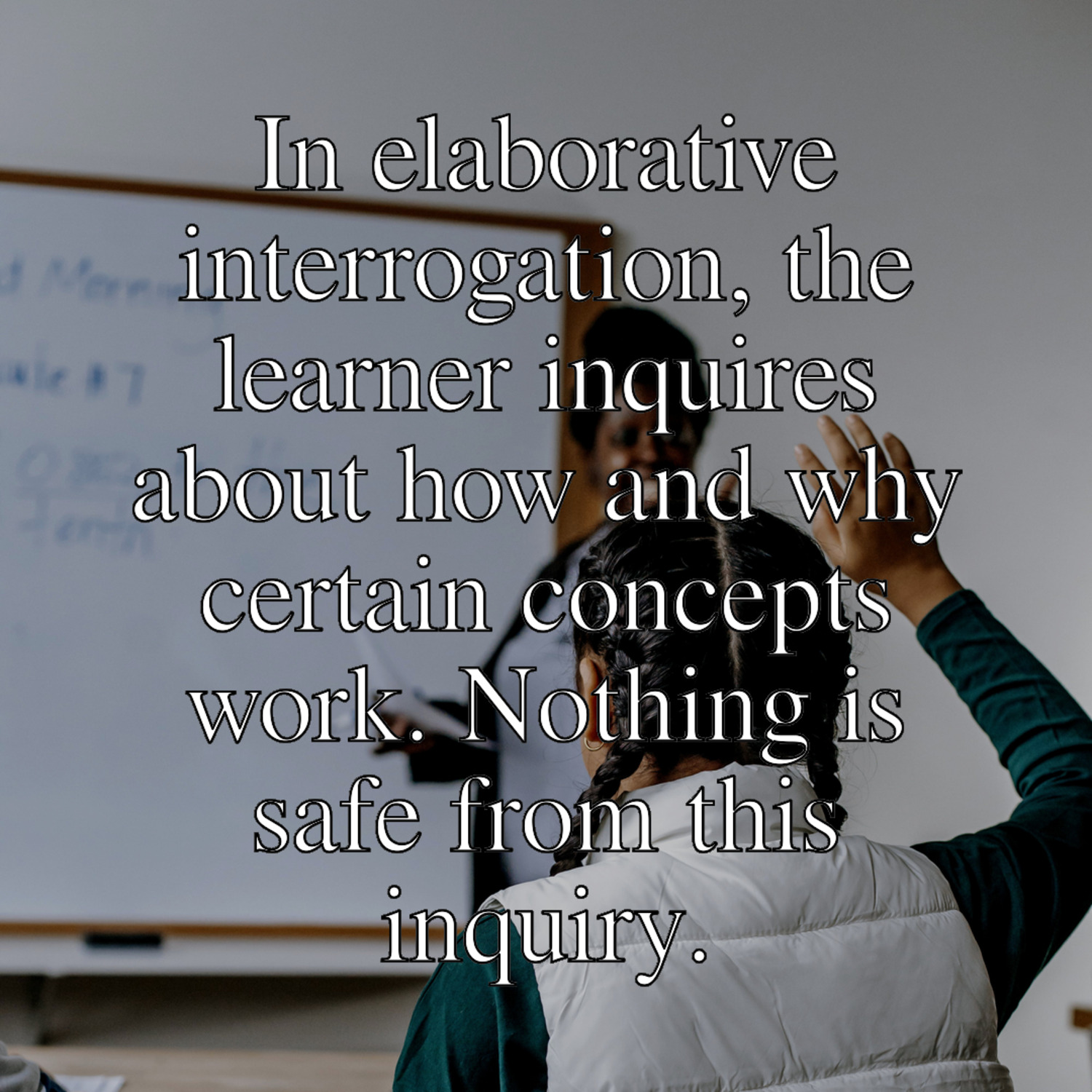Self-Explanation

Self-explanation (elaborative interrogation) and the Feynman technique are the final tools for better information synthesis. When we are forced to try to explain concepts through self-inquiry, we will quickly discover what we do know and what we don’t know at all. These are called blind spots, and they are far more common than you might like to think. Can you explain why the sky is blue or how gravity works? Probably not off the top of your head, even though you think you understand those concepts. The Feynman technique is an offshoot of self-explanation that helps find blind spots as well, with an added component of using an analogy to explain what you think you know. This is probably the most powerful tool because it instantly makes you feel ignorant—a positive thing in the realm of learning. Hear it Here - https://bit.ly/neurolearninghollins Peter Hollins is a bestselling author, human psychology researcher, and a dedicated student of the human condition. Visit https://bit.ly/peterhollins to pick up your FREE human nature cheat sheet: 7 surprising psychology studies that will change the way you think. Questions or comments regarding the podcast? Email the show at HollinsPodcast@NewtonMG.com or let us know what you think at http://bit.ly/hollinscomment Show notes and/or episode transcripts are available at https://bit.ly/self-growth-home For narration information visit Russell Newton at https://bit.ly/VoW-home For production information visit Newton Media Group LLC at https://bit.ly/newtonmg #Self-Explanation #NeuroLearning #RussellNewton #NewtonMG #PeterHollins #TheScienceofSelf Self-Explanation,NeuroLearning,Russell Newton,NewtonMG,Peter Hollins,The Science of Self